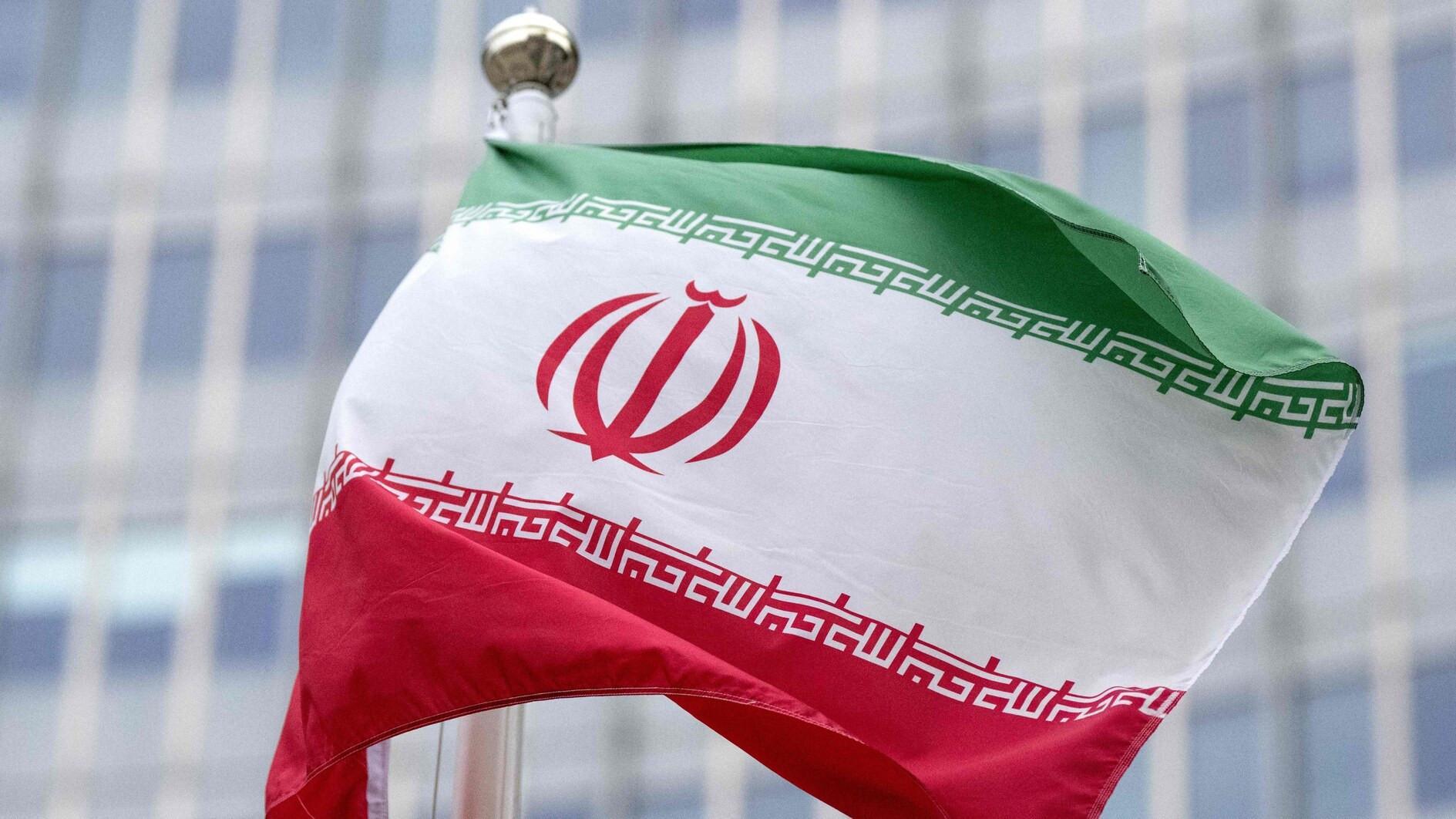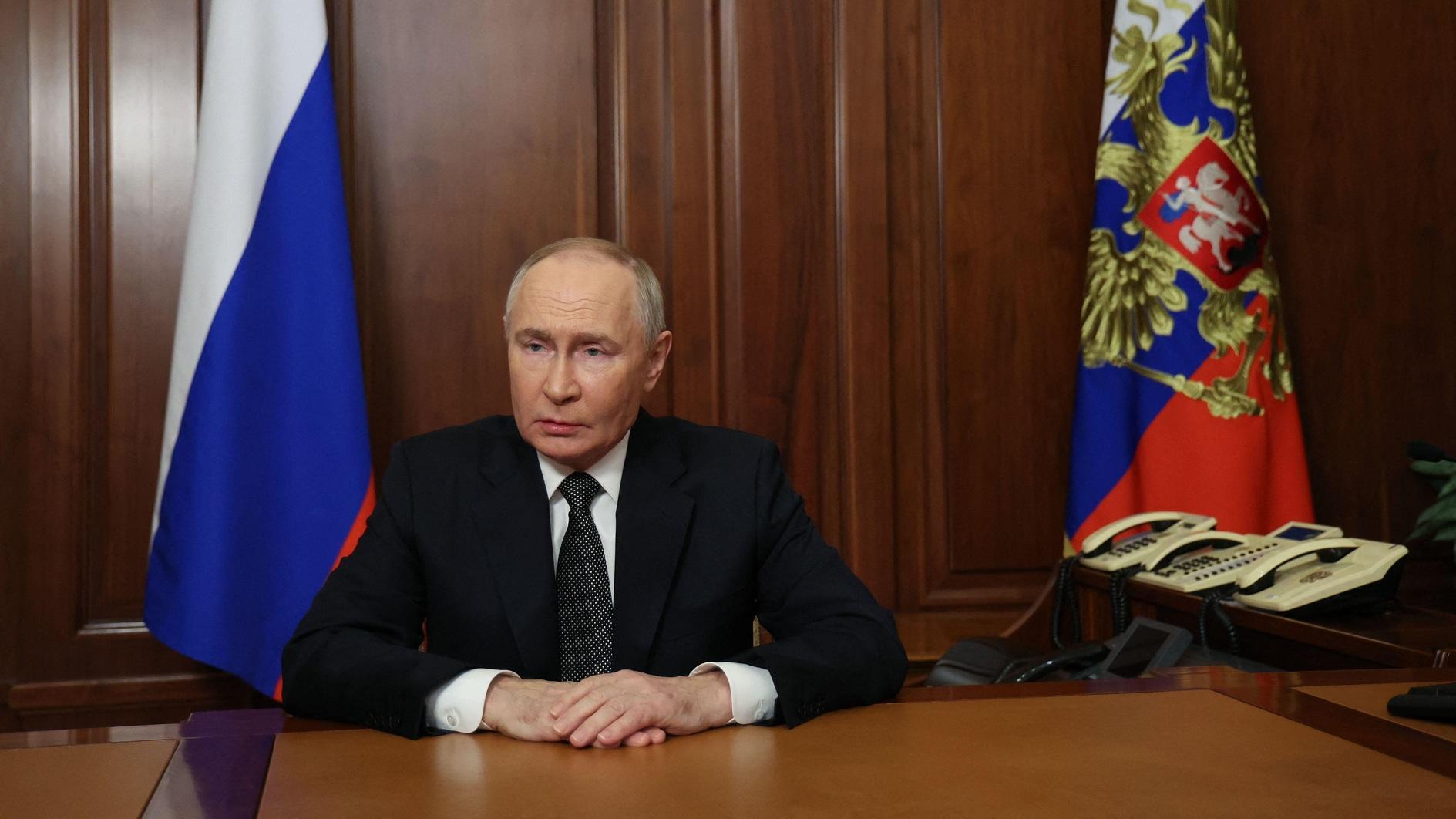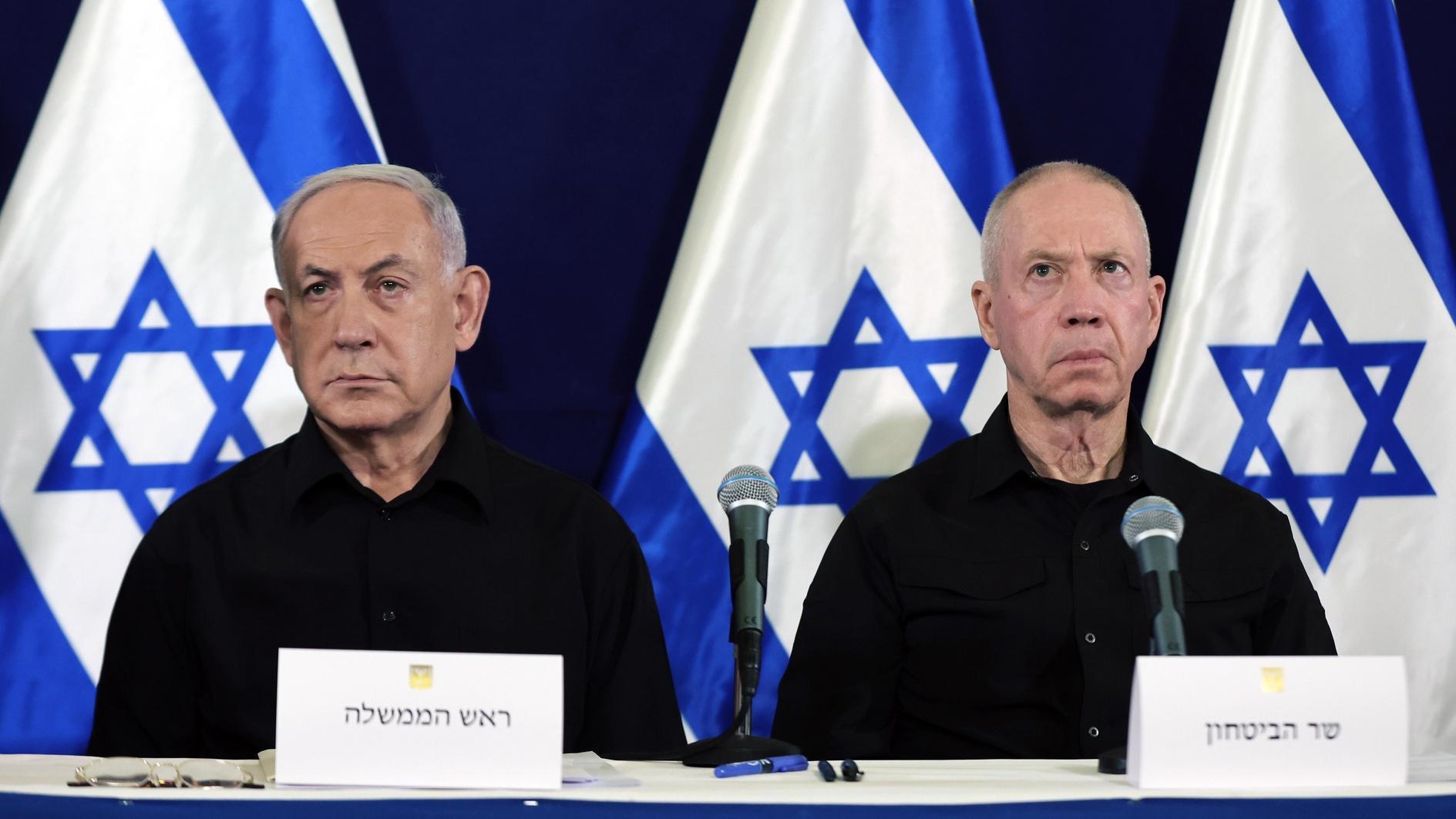The prime minister said, ‘Me too’
ORAL ÇALIŞLAR
I guess it was March 2007. Prime Minister Recep Tayyip Erdoğan and I were going to Saudi Arabia. The grief from Hrant Dink’s death was very fresh and deep. I asked the prime minister: “In the light of the findings up until today, I can say that some powers inside the state have killed my colleague and friend Hrant Dink. I am curious, how you will evaluate this as prime minister?”The prime minister hesitated for a while. Then, he gave this as an answer: “They also want to kill me…” Upon these words, Ergun Babahan, who was the editor-in-chief of daily Sabah then, asked “Who are they, sir?” The answer was, “You would know who they are.”
The prime minister knew; we also knew.
Hrant Dink had always supported the Justice and Development Party (AK Parti) in their struggle against coup plotters. He regarded this process as part of an essential democratic settling of accounts. He had seen the 2007 political crisis way before and he had taken his side after evaluating the possible major events and conflicts. At this moment, we are able to say he was one of the victims of this “period of clashes.” His murder was the most concrete and most savage example of those actions prepared and planned by the “coup plotter-racist-militarist” mentality.
This is obvious: The prime minister, security department, the court, they are all aware that this assassination is not only a murder committed by two or three hit men with a wind of “nationalist excitement.” Neither the political structure nor the prosecutors and the courts were able to demonstrate the strength of will needed after Hrant Dink’s murder. The administration constantly threw the ball outside the court to avoid the necessary investigation and had a stance of trying not to go beyond the hit men in their search. The police, prosecutors and the judges demonstrated huge daringness in the Ergenekon, “Balyoz” (Sledgehammer), “Kafes” (Cage) cases and in the coup attempts against the government. They continue to do so. But when it comes to the Hrant Dink assassination, which is another piece in the same “puzzle,” inertia, timidity and silence dominates the situation.
This murder is the product of a joint intention, joint negligence, the joint highlighting of a target and joint consciousness. In a way, it can be defined as a “mob murder.” Several segments and several people share responsibility to various degrees and in various forms. This continues to constitute a serious obstacle in illuminating the murder. If the cries of the victim’s lawyers had been taken into consideration at the court, if a real call to account was made against those administrative officials who knew of the planned murder beforehand instead of the dimension of “negligence” or “misconduct,” then we could have been at a very different stage both in the process regarding this murder but also in Turkey’s search for democracy. I should also say that in the Hrant Dink case, the centers the prime minister pointed out were not stamped out either. Despite all efforts and all demands, the court did not demonstrate the intention and the inclination to get those who were really responsible.
While I was listening to the lawyers of the hit men and the defenses of the hit men yesterday at court, I remembered that conversation I had with the prime minister.
The AK Parti did not show the same determination in the Dink murder as it did when going for the coup plotters they evaluated as a threat to their own existence. They have demonstrated a protectionist stance toward civil servants whose negligence, provocation and protection of those involved in the murder were disclosed.
We can say that the Hrant Dink murder has been enlightened to an important extent in the eyes of the public. The public has a consensus more or less on the “main actors” behind the murder.
Justice, unfortunately, was not able to demonstrate its will at the point of uncovering the truths. It is also very difficult to say that the government has fulfilled its responsibilities. As we say as Hrant’s friends, “This case isn’t over until we say it’s over.”
There is a wide swathe of the public who consider the Hrant Dink murder as the most serious test to this state in terms of “justice, morality, conscience and freedoms.”
Oral Çalışlar is a columnist for daily Radikal in which this piece appeared on Jan 18. It was translated into English by the Daily News staff.
oral.calislar@radikal.com.tr











